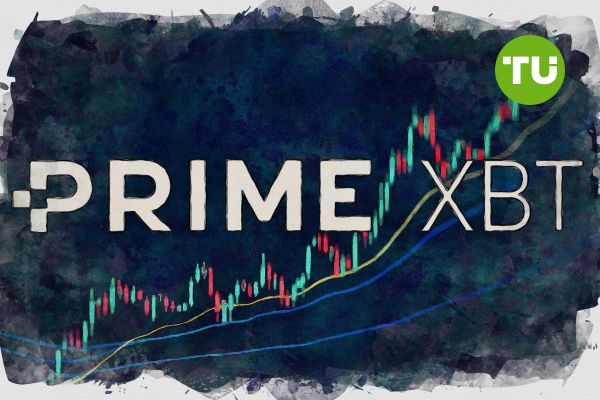
Limit vs Market PrimeXBT
In the world of cryptocurrency trading, two primary order types dominate the landscape: limit and market orders. Understanding the differences between these two can significantly improve your trading strategy. In this article, we will explore the nuances of Limit vs Market PrimeXBT limit vs market PrimeXBT, including when to use each type of order and how they can affect your trading experience.
What Are Limit Orders?
Limit orders are a type of order that allows traders to set a specific price at which they want to buy or sell an asset. This means that if you enter a limit order to buy Bitcoin at $40,000, your order will only be executed when the market price reaches that level or lower. Similarly, if you set a limit order to sell Bitcoin at $45,000, your order will only be filled if the price rises to that level or higher.
Advantages of Limit Orders
- Price Control: One of the most significant advantages of limit orders is the control they give you over the price at which your trades are executed. This feature is particularly useful in a volatile market where prices can change rapidly.
- Reduced Slippage: Slippage occurs when the execution price of an order is different from the expected price. By using limit orders, traders can minimize slippage, as they dictate the exact price for execution.
- Strategic Planning: Limit orders allow traders to plan their trades effectively. You can set multiple limit orders at different price points, creating a strategic buying or selling strategy that aligns with your market analysis.
Disadvantages of Limit Orders
- Unfilled Orders: The primary drawback of limit orders is the risk that they may not be executed if the market price never reaches your specified level. This can result in missed trading opportunities.
- Time Sensitivity: In a fast-moving market, the price can quickly surpass your limit order, leaving you unable to capitalize on favorable price movements.
What Are Market Orders?
Market orders, on the other hand, are executed immediately at the current market price. When you place a market order to buy Bitcoin, you agree to purchase it at the best available price at that moment. Conversely, a market order to sell will execute at the best current bid price.
Advantages of Market Orders
- Immediate Execution: Market orders are executed almost instantly, which is advantageous in a rapidly changing market where timing is crucial.
- Simplicity: Placing a market order is straightforward; you simply specify the amount you wish to buy or sell, without needing to set a specific price.
- No Risk of Unfilled Orders: Unlike limit orders, market orders are guaranteed to execute, provided there is liquidity in the market.

Disadvantages of Market Orders
- Price Control: The primary disadvantage of market orders is the lack of control over the execution price. You may end up buying at a higher or lower price than anticipated due to market fluctuations.
- Potential Slippage: In a volatile market, slippage can occur, leading to executions at prices different from the expected or desired price, which can negatively impact your profits.
When to Use Limit Orders vs. Market Orders
Deciding whether to use a limit order or a market order depends on your trading strategy and goals. Here are some guidelines:
- Use Limit Orders When:
- You are targeting a specific entry or exit price.
- You want to minimize slippage in fluctuating markets.
- You have a trading strategy that involves waiting for the market to hit specific levels.
- Use Market Orders When:
- You need to execute a trade immediately.
- You’re trading in a liquid market where price fluctuations are minimal.
- You’re making quick, tactical moves based on immediate market conditions.
Conclusion
Understanding the differences between limit and market orders on PrimeXBT is crucial for effective trading. Both order types have their advantages and disadvantages, and the choice depends on your specific trading needs and market conditions. Limit orders allow for greater control over execution price and reduce slippage, while market orders offer speed and assurance of execution. By carefully considering your strategy and the current market dynamics, you can choose the appropriate order type to improve your trading outcomes.